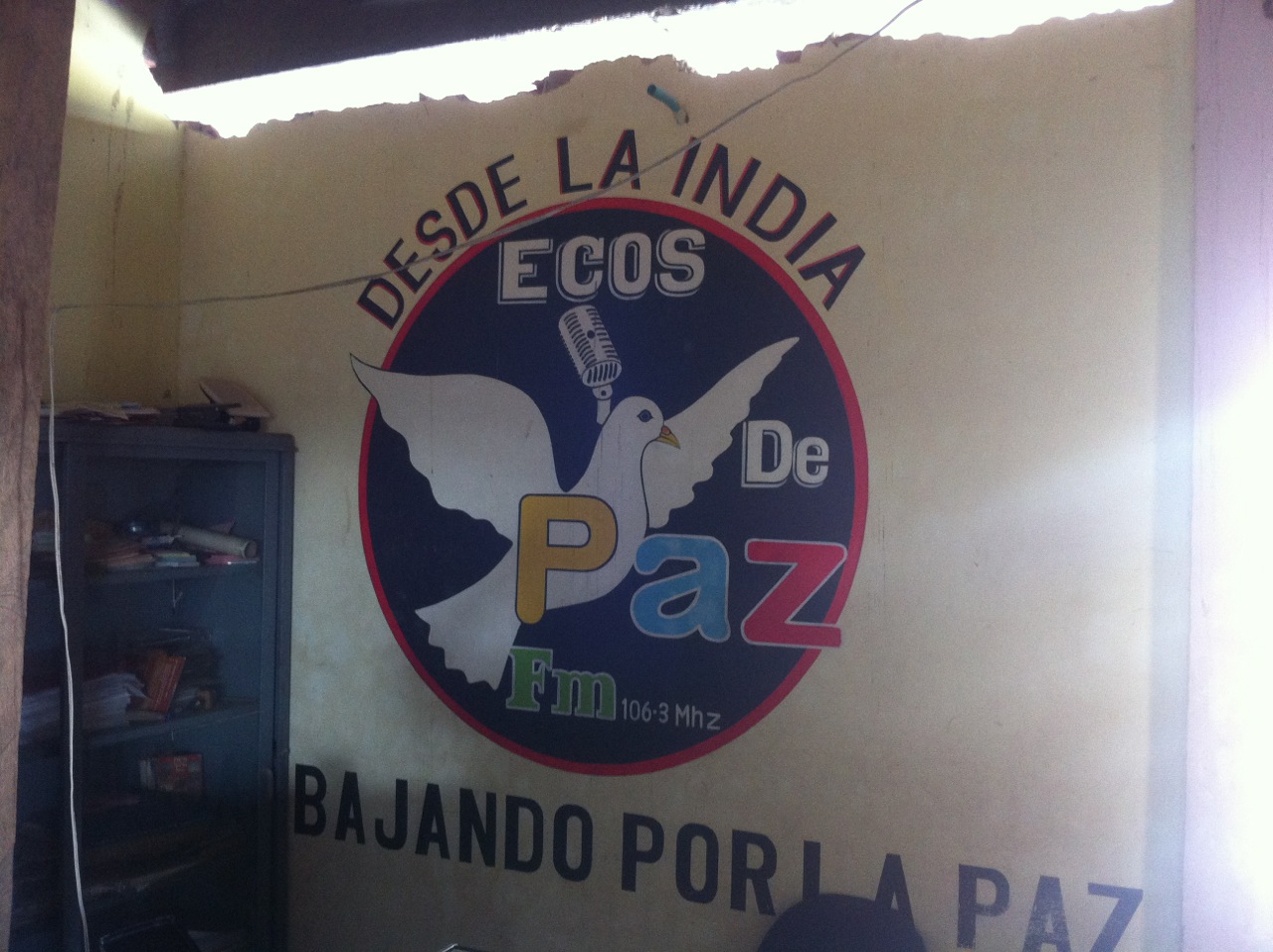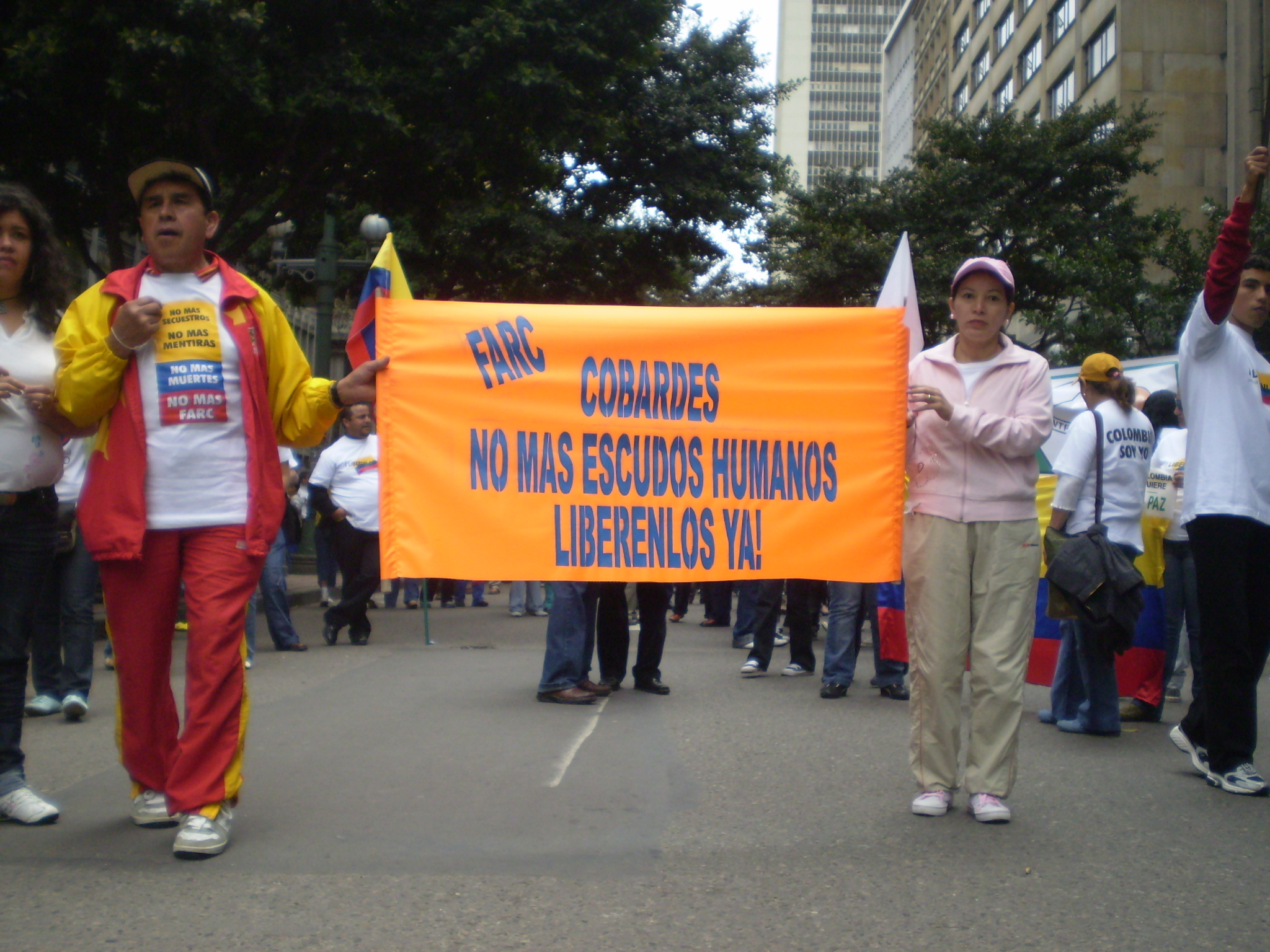
It’s frequently argued that US drug consumption drives drug trafficking-related violence in Latin America, especially Mexico. If it wasn’t for the high demand for drugs in the United States, so the argument goes, trafficking routes through South and Central America would be less lucrative, and less worth fighting over. President Obama cited this reasoning on a recent visit to Mexico, noting that the country’s drug trade-fueled unrest is partially the fault of the United States.
However, American youth-focused anti-drug campaigns like abovetheinfluence.com typically only highlight the health effects and life problems associated with illegal drug use. Admittedly, many young potential drug users wouldn’t find violence inflicted on others a convincing reason to abstain — but many could, and campaigns highlighting cartel-related violence would certainly draw attention. So, why don’t anti-drug campaigns highlight the violent consequences of the drug trade abroad? Would this have any effect on the domestic demand for drugs?
Last week we asked why President Obama would announce a major shift in how drones strikes would be used, which would restrict their use outside of overt war zones and formally acknowledged that drones had been used to assassinate US citizens outside of Iraq and Afghanistan. Commenter John understood the announcement as a signal to foreign governments that the US was serious about reforming its drone policies:
“The administration may be worried about how the unrestrained use of drones may be perceived by other governments and wants to send a signal that it will, in the future, act within a stricter set of limits. Announcing this change publicly also helps to make the signal costly by raising the possibility of domestic audience costs if the U.S. does not follow through on its commitments.”
Barbara F. Walter adds:
“The cynical answer is that this is a relatively easy time to reform the drone program because so many al Qaida leaders have already been killed. The fewer big, important targets, the less critical it is to maintain secrecy and absolute control.”
Elsewhere, other writers were doubtful Obama’s speech signaled any real policy shift at all. Writing in Foreign Policy, Elias Groll notes that Obama’s wording has “given himself a carte blanche to carry out attacks in Afghanistan and Pakistan.” Similarly, Slate’s Fred Kaplan writes that the speech has little practical significance, though Obama’s stated desire to benchmark potential strikes around avoiding civilian casualties imposes “a real restriction” on the scope of the program.








0 comments
Because we’ve already tried something like it. Recall the following ad from the height of the War on Terror days: http://www.youtube.com/watch?v=AVQnbNspHsk
Problem is, the response it provokes is very similar to the one present in the second comment of the above video: “Well done, you just stated one of the many problems that would not occur if marijuana was legalised.”
There’s no real response to that, because the majority of the violence that goes along with the drug trade occurs due to its illegality. The focus then turns to whether our laws regarding drugs are actually sound, which isn’t the conversation that anti-drug folks want to be having.
By stressing the negative health effects and life problems angle, the legality of drugs is a non-issue and the “message” might be a bit less muddled.